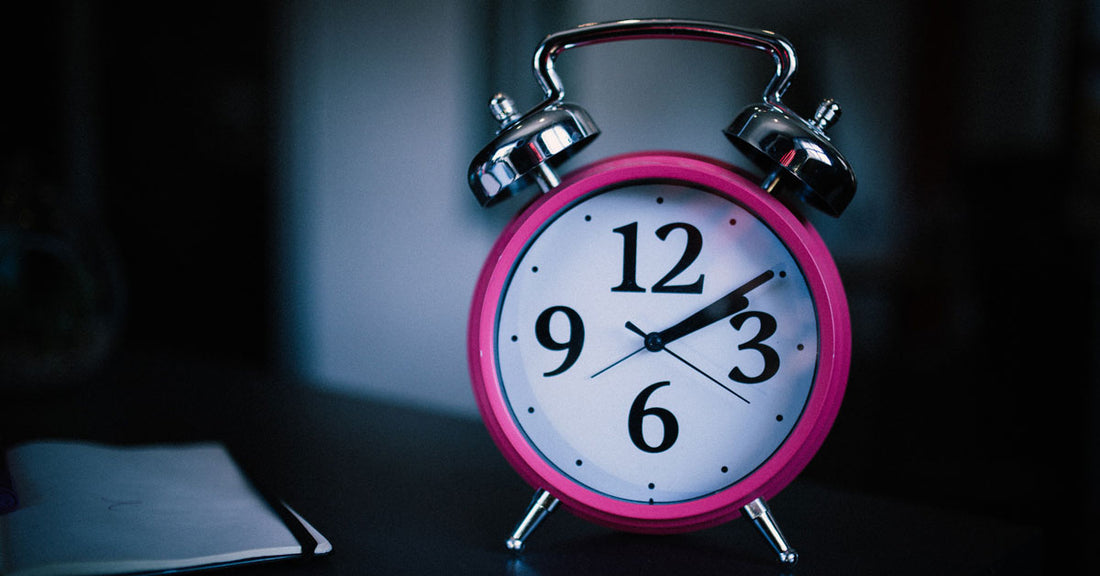At first blush, working from home might seem like an insomniac’s dream. (Wait, is that an oxymoron?) After all, remote workers often have more flexible work schedules than others, which, for some of us, means we can sleep in and start our workday whenever we damn well please.
That might look good on paper, but between all the blue light from screens, the lack of separation between home and workplace, and the ease with which the job can spill over into the wee hours, sleep quality can quickly deteriorate for those who work outside of the office.
The stress of present-day emergencies like COVID-19 aren’t helping, either. A survey taken at the start of the pandemic found that 70 percent of participants experienced sleep disruption after becoming remote workers.
Neurologist Jeffrey Durmer, MD, Ph.D., the sleep expert on Trends w/ Benefits’ board of advisors, notes that research groups all around the world have studied sleep throughout the coronavirus crisis. “[The pandemic] has caused people to sleep later and stay in bed longer, but they’re sleeping less deeply,” he says. “It’s given people who already have a slight delay in their circadian rhythm a much more difficult problem, so people who are night owls to begin with have many more problems.”
So, how do we begin reversing the negative effects of remote work on our sleep?
To start, it’s impossible to overstate the importance of stepping out into the sun as soon as possible after waking up. One advantage of working away from home is that it tends to ensure that some sunlight goes into your eyeballs while you’re getting to the car or subway each morning. When you’re working from home, it’s up to you to make sure you get the sunlight that will help keep your circadian rhythm on track.
Another important tip: Keep your bed out of your field of vision while you’re working. If you work at a desk, have it face the opposite direction of your bed. If that can’t happen, keep your bed obscured by a curtain or screen.
Why? It's a Pavlovian thing. We don’t want to fall asleep at work, and we do want to fall asleep in our own bedrooms, so we’ve learned to connect wakefulness with the workplace and sleepiness with the bed. When our beds become a part of our workspace, the body-mind unit gets confused by the mixed sensory cues.
To offset the sleep problems that an inconsistent daily routine can bring, keep your sleep and wake times on a regular schedule. “Kids have school in the morning [so] they go to bed at a certain time to keep the expectation going night after night,” Durmer explains. “[After enough repetition], the kids start picking up on getting tired. We need to do that for ourselves for the same reason.”
Durmer also advises that we establish a wind-down routine before bed. Schedule 15 to 30 minutes of “me time” into your night. Consider meditating, taking a shower or bath, or doing a quiet internal activity such as reading. It also couldn’t hurt to light some candles and reduce incandescent lighting and blue light from electronic screens. Whatever you do, ditch the phone.
“It’s important to make sure the phone itself is of lesser value,” Durmer notes. “It’s not just that the phone has light; it also is a connection to the world. In that half-hour, it’s a great time to disconnect from all those aspects of life. Purposely put the phone on silent, put the alarm on for the morning and put it away.”
Damon Orion is a writer, musician, artist and teacher based in Santa Cruz, CA. Read more of his work at damonorion.com.
Header image by Mpho Mojapelo via Unsplash.
Read more: Wall-Gazing and Other Workday Breaks You Should Be Taking
Read more: How to Set Boundaries When You Work from Home
Read more: The Case for the Four-Day Workweek
Read more: Work from Anywhere (But Here)




